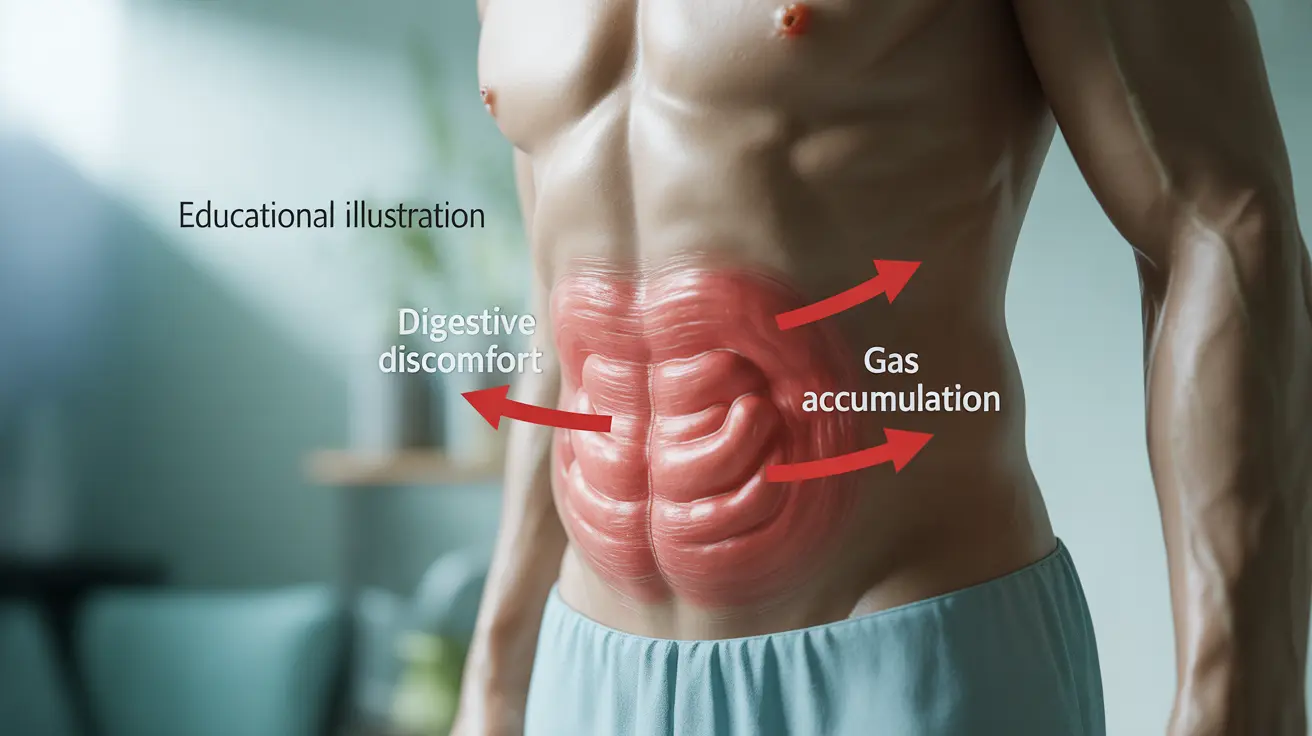Experiencing a hard stomach when you press on it can be concerning and uncomfortable. This common symptom can stem from various causes, ranging from simple digestive issues to more serious medical conditions. Understanding why your stomach feels hard and knowing when to seek medical attention is crucial for maintaining your digestive health.
In this comprehensive guide, we'll explore the various reasons behind a hard stomach, discuss when you should be concerned, and outline effective treatments and preventive measures.
Common Causes of a Hard Stomach
Digestive Issues and Bloating
One of the most frequent reasons for a hard stomach is digestive discomfort. When gas builds up in your intestines or you experience bloating, your abdomen may feel firm to the touch. This often occurs after:
- Eating too quickly
- Consuming gas-producing foods
- Swallowing excess air while eating
- Drinking carbonated beverages
Constipation
Constipation can cause your stomach to feel hard and uncomfortable. When stool builds up in your intestines, it can create noticeable firmness in your abdomen, especially when pressed.
Stress-Related Stomach Tension
Stress and anxiety can significantly impact your digestive system and abdominal muscles. During periods of heightened stress, you might experience:
- Muscle tension in the abdomen
- Increased gut sensitivity
- Changes in digestion speed
- Irregular eating patterns
Medical Conditions That May Cause Abdominal Firmness
Several medical conditions can lead to a hard stomach, including:
- Irritable Bowel Syndrome (IBS)
- Inflammatory Bowel Disease (IBD)
- Celiac disease
- Gastroparesis
- Ascites
When to Seek Medical Attention
While a hard stomach isn't always serious, certain symptoms warrant immediate medical evaluation:
- Severe abdominal pain
- Persistent hardness lasting several days
- Fever accompanied by stomach hardness
- Significant bloating with vomiting
- Blood in stool
Treatment Options and Home Remedies
Lifestyle Changes
Simple modifications to your daily routine can help prevent and alleviate stomach hardness:
- Eating slowly and mindfully
- Staying hydrated
- Regular exercise
- Stress management techniques
- Maintaining a consistent eating schedule
Dietary Adjustments
Making smart food choices can significantly reduce stomach hardness:
- Limiting gas-producing foods
- Adding fiber-rich foods gradually
- Avoiding trigger foods
- Eating smaller, more frequent meals
Frequently Asked Questions
Why does my stomach feel hard when I press on it after eating or swallowing air?
When you eat quickly or swallow air, gas becomes trapped in your digestive system, causing your stomach to feel hard and distended. This is typically temporary and resolves as your body processes the air and food.
What common digestive problems can cause a hard or firm stomach?
Common digestive issues that cause stomach hardness include bloating, constipation, IBS, and excess gas accumulation. These conditions can create pressure and tension in your abdomen, making it feel firm to touch.
When should I be worried if my stomach feels hard and painful to touch?
Seek immediate medical attention if your hard stomach is accompanied by severe pain, fever, persistent vomiting, or bloody stools. These symptoms could indicate a serious underlying condition requiring prompt treatment.
How can stress or muscle tension make my stomach feel hard or stiff?
Stress triggers your body's fight-or-flight response, causing muscles to tense, including those in your abdomen. This tension, combined with stress-induced changes in digestion, can make your stomach feel hard or rigid.
What treatments or home remedies help reduce a hard stomach caused by constipation or gas?
Effective remedies include gentle exercise, staying hydrated, using over-the-counter gas relief medications, practicing stress-reduction techniques, and maintaining a balanced, fiber-rich diet. For constipation, natural laxatives and increased water intake can help.




